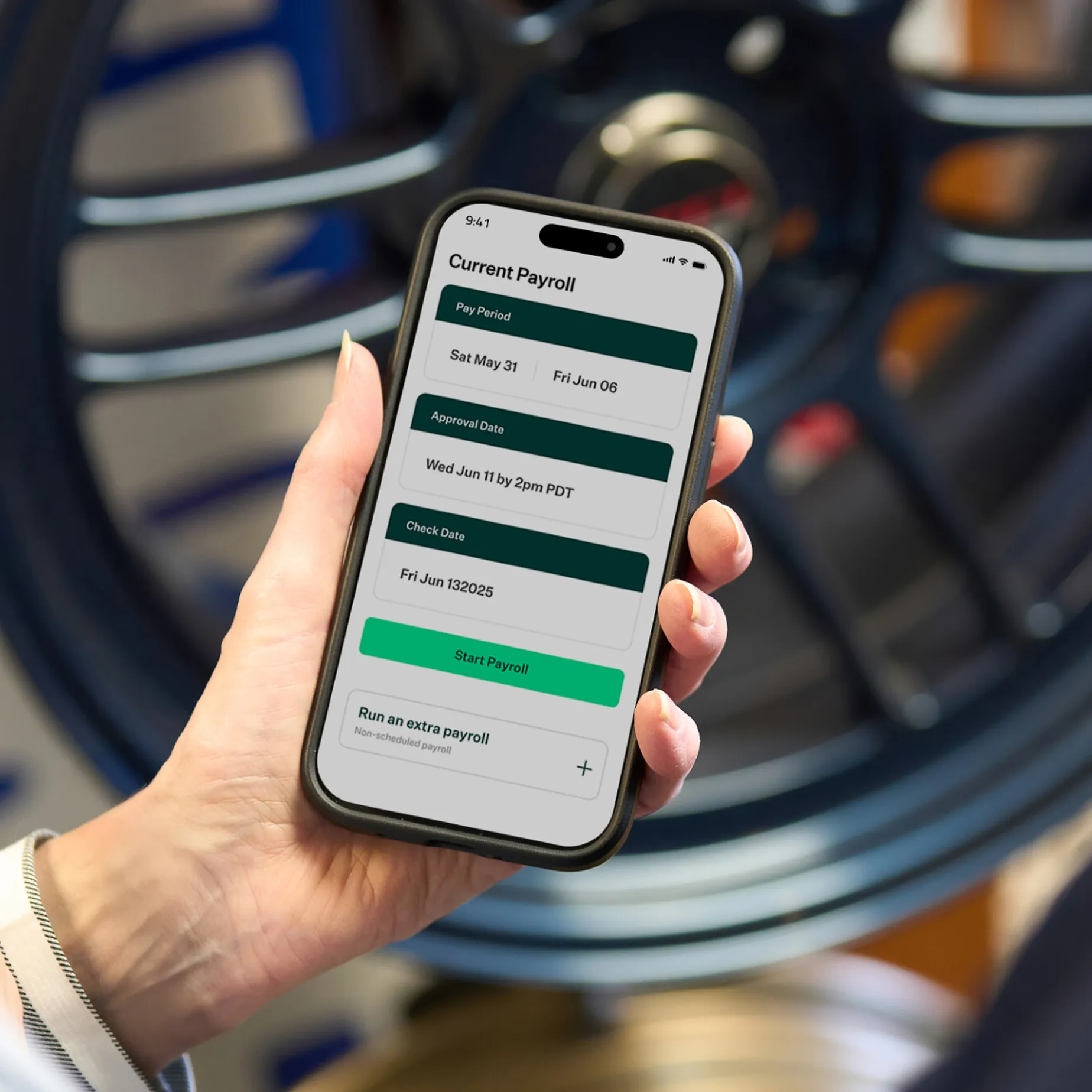-min%20(1).avif)
“I recommend SurePayroll to everybody. I tell them, ‘Just go through SurePayroll and you’ll never have to worry about anything.’”
-min.avif)
“Being able to depend on SurePayroll to run payroll and handle payroll taxes gives me tremendous peace of mind.”
-min.webp)
“SurePayroll is easy, affordable, and it saves me time and headaches. I don’t have to figure out how to do payroll and taxes because SurePayroll does it for me.”




-min.webp)

